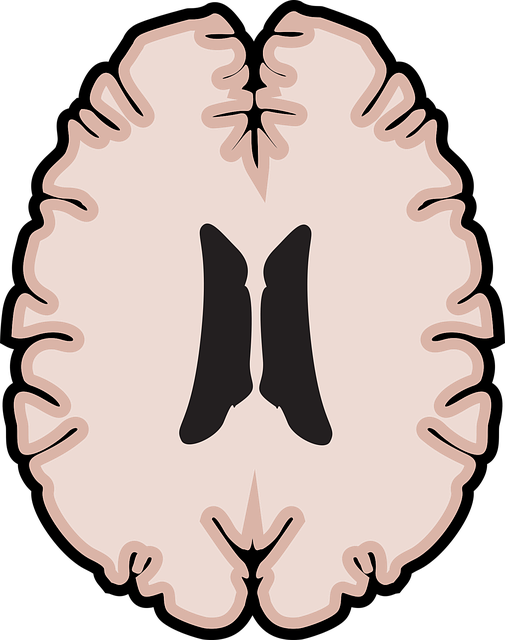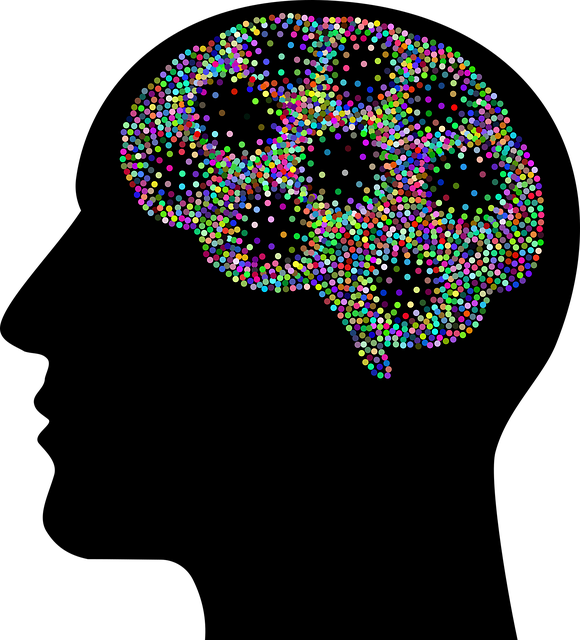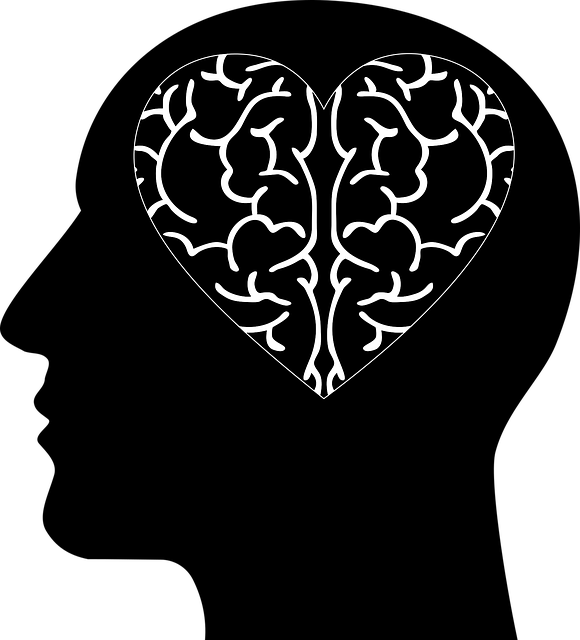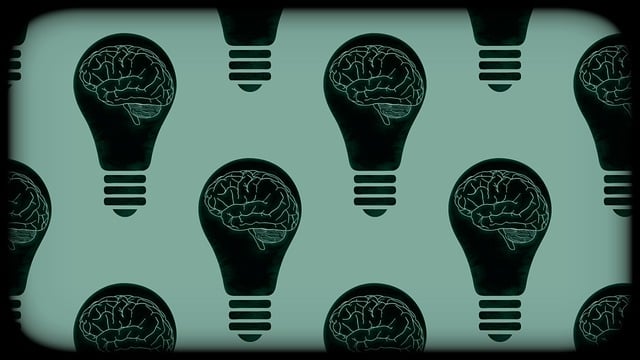Mental health treatment for young adults requires a holistic approach integrating evidence-based practices, stress reduction, and cultural sensitivity. Accessing Therapy for Young Adults Bilingual services is crucial, especially in diverse societies, to bridge communication gaps, reduce stigma, and provide tailored support for anxiety, depression, and trauma. Specialized programs combining therapy with peer groups and community initiatives empower young adults through coping strategies and a sense of belonging, fostering long-term well-being.
Mental illness diagnoses can be a complex journey, especially for young adults. This article guides you through crucial aspects of navigating this process, focusing on therapy and support services tailored for this demographic. We explore how understanding mental health diagnoses empowers young adults to make informed decisions. Additionally, we highlight the significance of bilingual resources in providing effective mental health care, ensuring accessibility and cultural sensitivity. Discover practical steps to unlock resources like therapy for young adults in a supportive environment.
- Understanding Mental Health Diagnoses for Young Adults
- Navigating Treatment Options: Therapy and Support Services
- Bilingual Resources for Effective Mental Health Care
Understanding Mental Health Diagnoses for Young Adults

For young adults, navigating mental health diagnoses can be a complex process, often shrouded in confusion and stigma. Understanding the various mental health conditions is a crucial first step in seeking appropriate therapy for young adults. Bilingual services play a vital role here, ensuring that young adults from diverse linguistic backgrounds feel comfortable expressing their experiences and concerns.
A thorough Mental Health Policy Analysis and Advocacy can shed light on the resources available, including specialized therapy programs tailored for this demographic. By integrating evidence-based practices alongside Stress Reduction Methods and Conflict Resolution Techniques, these therapies aim to equip young adults with coping strategies and resilience. This comprehensive approach not only addresses immediate mental health needs but also fosters long-term well-being.
Navigating Treatment Options: Therapy and Support Services

Navigating treatment options is a crucial step for young adults facing mental illness. Beyond medication, therapy plays a pivotal role in recovery. For bilingual individuals, finding therapists who specialize in their native language can significantly enhance accessibility and comfort, fostering a deeper connection during sessions. This personalized approach ensures that cultural nuances and unique challenges are addressed effectively.
Support services, including peer groups and community outreach programs, complement therapy by providing a sense of belonging and practical strategies for coping with daily stressors. Encouraging young adults to adopt self-care practices, such as stress management techniques and inner strength development exercises, empowers them to take an active role in their healing journey alongside professional guidance.
Bilingual Resources for Effective Mental Health Care

Accessing mental health care that aligns with your linguistic needs is an essential aspect of effective treatment for young adults, especially in a diverse society where bilingualism is prevalent. Bilingual resources play a pivotal role in bridging the gap between patients and healthcare providers, fostering better communication and understanding. This is particularly crucial when addressing issues like anxiety, depression, or trauma, which often require nuanced discussions and specific therapeutic techniques tailored to individual needs.
By offering therapy sessions in both languages, mental health professionals can create a safe and supportive environment for bilingual young adults. This approach not only enhances the quality of care but also contributes to confidence-boosting and stress reduction methods, as patients feel more at ease sharing their experiences. Moreover, it plays a significant part in mental illness stigma reduction efforts by promoting cultural sensitivity and understanding within the healthcare system.
Mental health diagnoses can be complex, but with the right resources, young adults can navigate their treatment options effectively. By understanding various mental health conditions and exploring tailored therapy approaches, such as those offered by bilingual professionals, individuals can find support that aligns with their unique needs. This comprehensive guide highlights essential steps to ensure accessible and culturally competent care for young adults seeking mental wellness.














